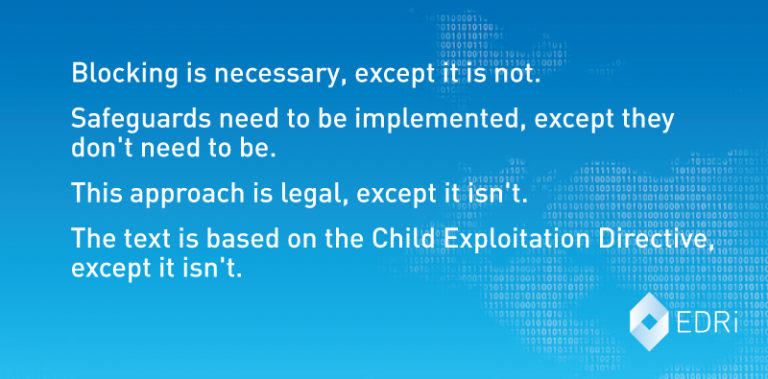Privacy Shield—the much maligned replacement to the Safe Harbour deal between the European Union and the US—looks set to be approved by national representatives on Friday, Ars understands.
The scheme, which will allow the transfer of personal data from the EU to the US despite privacy and data protection concerns, has faced an uphill battle. Brussels officials who negotiated the deal on behalf of the EU have been desperate to push it through in the face of criticism from the European Data Protection Supervisor, national data protection authorities, and the European Parliament, in order to give some legal certainty to companies that rely on transatlantic data flows. (…)
The agreement is expected to be formally adopted by the European Commission next Monday, followed by the deal being inked by justice commissioner Vera Jourová and US secretary of commerce Penny Pritzker on Tuesday.
Jennifer Baker in Ars Technica: Privacy Shield to be dragged across finish line—sources »
